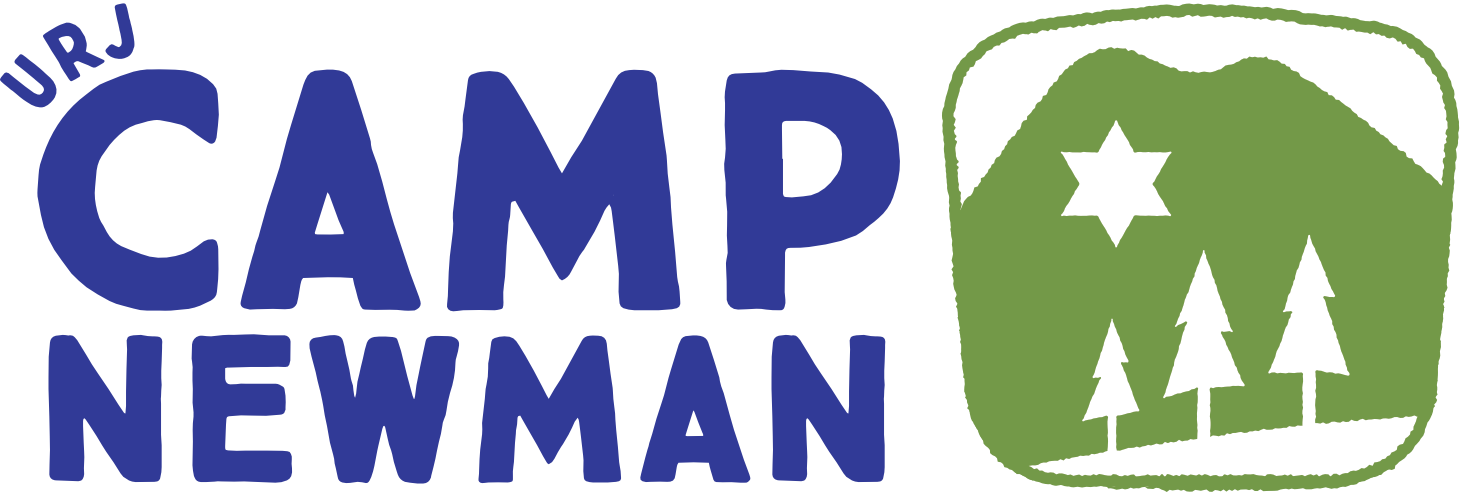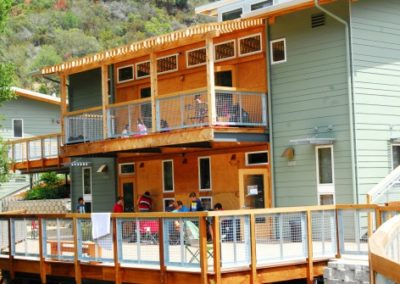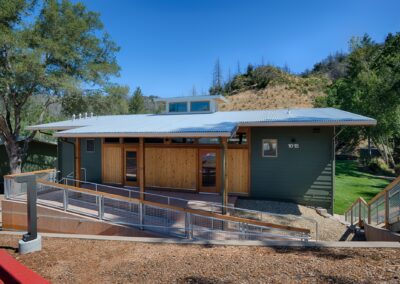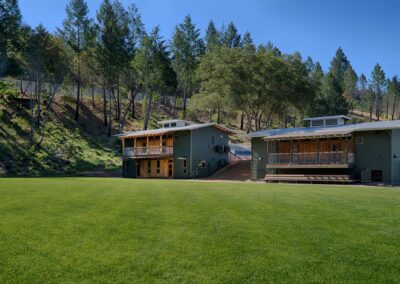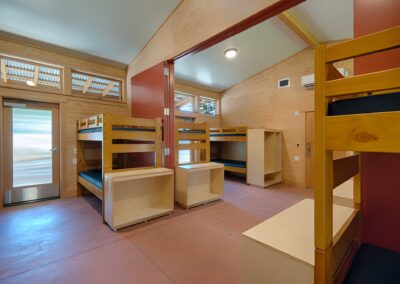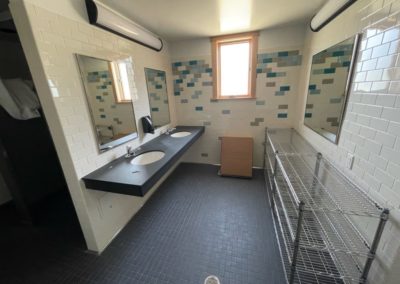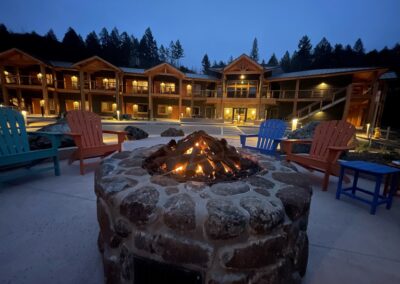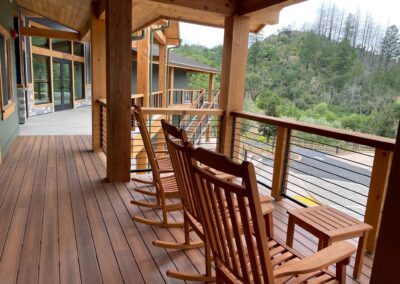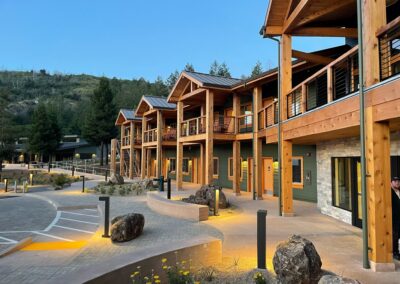
Grief and Growing™
February 27-March 1, 2026
Join others mourning the death of a loved one in a unique and supportive weekend retreat. Inspired by the 25+ years of the Bay Area Jewish Healing Center’s program of the same name, Grief and Growing™ offers opportunities for participants of all ages, infants through elders, to come together in community to experience the healing power of community and the power of gathering at Camp Newman.
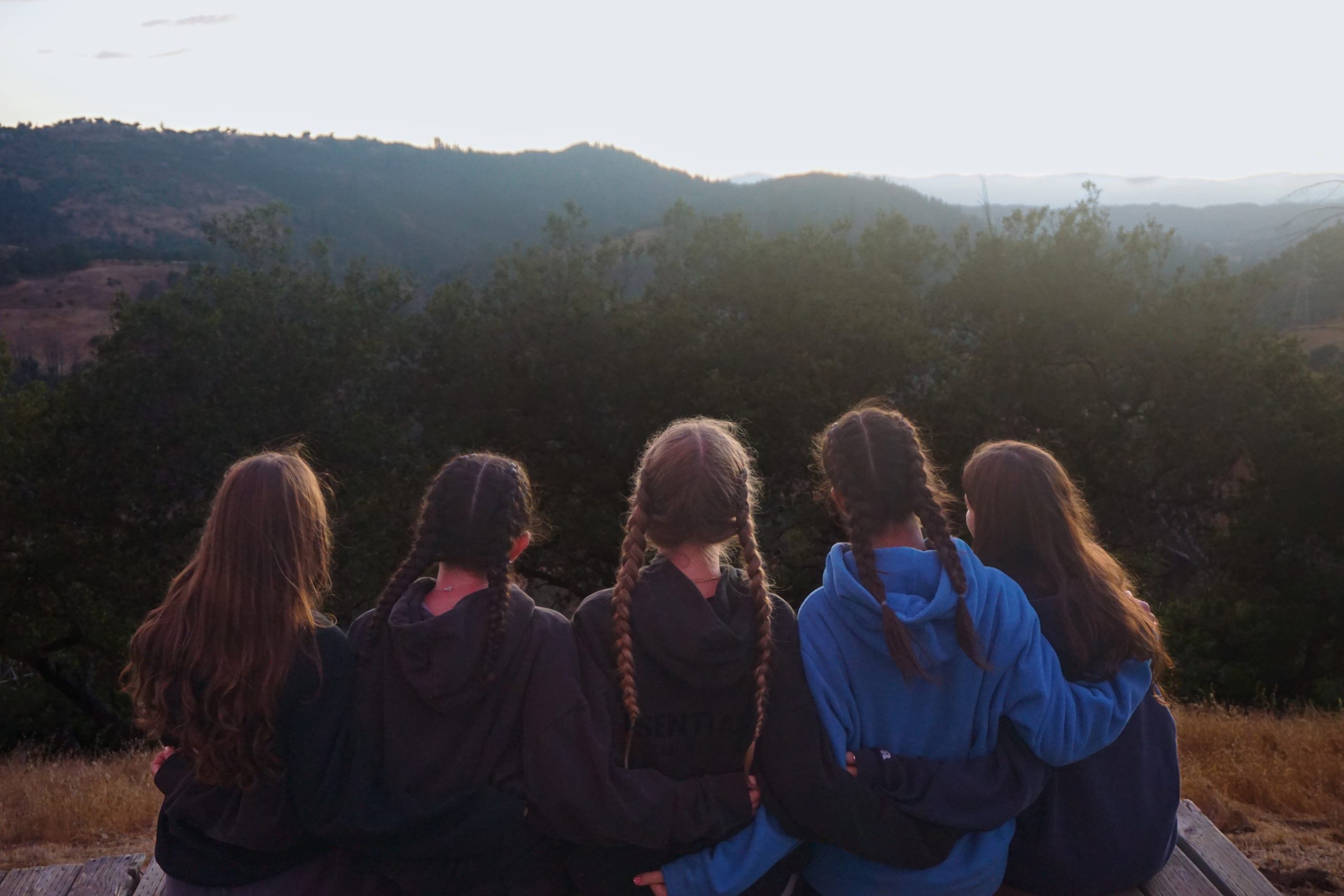
Over a nurturing weekend program, participants will be invited to connect through the use of art, Jewish ritual, bodywork, nature, movement, all in the company of those also experiencing the process of rebuilding a life without the person who has died. We welcome individuals, couples, and families with children of all ages.
Registration information for this retreat is coming soon, but to indicate interest or request more information, with no obligation to attend, please fill out our Grief and Growing™ Retreat Interest Form above or email griefandgrowing@urj.org. You will be added to future communication, including when priority registration opens.
Retreat Pricing
The cost of the retreat includes all programming, food, and lodging. The retreat fee will be based on your choice of accommodations which are shown below.
Shared or Private Cabin Accommodations:
$1500 per person 18+ – Shared Cabin
Shared cabins are great for 2 or more participants planning to stay together.
$1850 per person 18+ – Private Cabin
Private cabin is great for a single person who wants to stay in their own cabin space.
Participants 17 and younger: $425
We have several cabin villages with a variety of amenities and all within a short walk to the heart of camp.
Offers:
- 1/2-cabins sleep up to 8 people and are great for larger families or multiple families together
- Each suite includes four sets of bunk beds with one private bathroom.
- All cabins include A/C and heat.
- Several ADA accessible cabins available.
The Lodge Accommodations:
$2100 per person- Double-Occupancy-Private Room
Participants 17 and younger: $425
$3350 per person – Private Room (1 person)
The Lodge, also knows as Village 2, is a brand new upscale, hotel-style building with 28-double occupancy rooms that sleep up to 4 people each. Centrally located at the heart of camp, steps from the Dining Hall and all that main camp has to offer. View the Village 2 Room Map >
Each room has:
-
- 2 queen beds & a private bathroom
- Mini fridge, microwave & Keurig coffee maker
- private small outdoor seating area with rocking chairs
- Several single ADA accessible rooms available
Grief and Growing™ Retreat Leaders
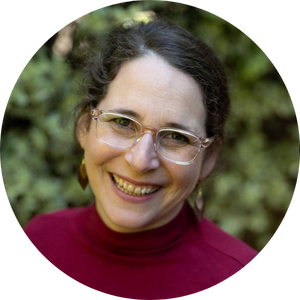
Liora Brosbe
Director
Liora Brosbe is a Licensed Marriage and Family Therapist and Registered Drama Therapist whose prior professional work included working with incarcerated women, foster youth, individuals living with grief and loss, traumatized children and families in school and clinic settings. A Bay Area native, Liora has worked as a Jewish communal professional for over 25 years. Liora is also a formally trained Maggidah, a Jewish storyteller and teacher and is passionate about working with families to engage in a meaningful Jewish life.
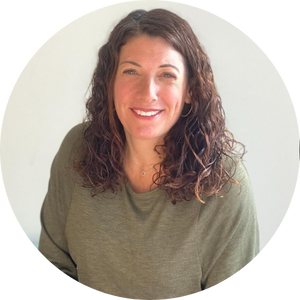
Yael Galinson
Assistant Director
Yael Galinson is an End-of-Life Doula, death educator, and grief companion. She is trained by INELDA, NEDA, the Elisabeth Kübler-Ross Foundation, and she is a graduate of the Gamliel Institute. Yael serves on the board of Sinai Memorial Chapel and the Jewish Association for Death Education. She is committed to providing emotional, spiritual, and practical support to families around illness, end of life, death, and bereavement.
Professional Leadership Team
Rabbi Dan Goldblatt, AriYael Jewish Healing Center
Zoe Goldblatt, AriYael Jewish Healing Center
Abra Greenspan, A Healing Legacy
Liz Orlin, Sinai Memorial Chapel
In addition the following leaders were central to the creation and development of the original Grief and Growing program. We are indebted to them for their vision and for serving the community.
Rabbi Eric Weiss, Co-Founder and Spiritual Director Emeritus
Lee Labe Pollak, LCSW-Co-Founder and Clinical Director Emerita
Ann Gonski z”l, Co-Founder and Camp Retreat Director Emerita
Vicky Kelman, Director of Family and Children Programming Emerita
We would also like to acknowledge the staff and co-directors throughout the years including:
Marsha Blachman, Spencer Douglas, Rabbi Natan Fenner, Alissa Flores, Debby Graudenz, Mark Haviland, Ryley Katz, Sherry Knazan, Rabbi Elliot Kukla, Kiki Lipsett, Nathaniel Markman, Meira Salman, Rabbi Jon Sommers, and Melanie Wartenberg.
FAQs
How are retreat costs determined?
Grief and Growing is an intensive weekend with many offerings to support mourners where they are in their process. The ratio of trained and skilled staff members to participants, the variety of workshop offerings, and the high quality of the retreat experience including dining and lodging all contribute to the overall costs for those attending.
- Children and Youth under age 17 are highly subsidized.
- Many of our staff provide their time and services pro-bono to make the weekend more accessible.
- Our generous funders are ensuring that all participants can attend, regardless of financial resources.
Please contact us to make arrangements for further fee reductions.
WHAT IF I CAN’T COME FOR THE WHOLE WEEKEND?
Because of the nature of the weekend and the importance of creating a community of consistent and present participants, we ask participants to stay (and sleep) at Camp Newman for the entire weekend. If that is not possible for you, please be in touch with your interest to be notified about a future Grief and Growing weekend.
How do you support families with young children during the weekend?
Our program is designed for participants of all ages. Infants will be assigned a caregiver to give you the space to participate with other adult participants. Young children through teens will have developmentally specific programs and activities run by a team of camp counselors and clinically trained staff. There will be time during the weekend for family activities that you will do together with your children. We offer late-night supervision (shmira) for all ages 8:30-11:30pm. You will put your child(ren) to bed and our camp counselors will monitor them while you join other adults for optional programming.
Why are children included in this retreat?
Children are deeply impacted by grief and loss, especially if their parents are in mourning. Rather than separate children from this natural human experience, we welcome them and provide them with nurturing and meaningful parallel programming that meets their developmental needs. We believe it is very valuable for children when the adults in their lives receive support, resources, and language to communicate about their experiencese, answer the many questions, and model healthy grieving. If you are unsure if attending makes sense for your child(ren), please be in touch. We are happy to discuss your unique family’s circumstances and help you make a decision that works best for your family.
Is this therapy?
In short, no. While this weekend will include elements of healing and support – and many of our clinical staff have therapeutic backgrounds as therapists, chaplains, death doulas, or Rabbis – we are not providing therapy or treatment. Instead, the weekend is designed to foster connection and support through workshops and activities. We design these components with a focus on integrating your loss into a meaningful life and healthy relationships.
I'm not Jewish, can I attend?
Absolutely! URJ Camp Newman centers Judaism and vibrant Jewish living in their retreats, summer camp, and community programs. In addition to a Jewish focus on grief and loss, the weekend is over Shabbat, which will include prayers, rituals, and honoring the Jewish Sabbath. If you are comfortable with this framework, we welcome you to join us.
I have a lot more questions. Who can I speak to?
We get it! A program like this can bring up a lot of questions. Our staff is happy to set up a time to answer your questions and help you gain an understanding of what to expect. Don’t hesitate to reach out at griefandgrowing@urj.org to set up a time to connect.
What is the schedule?
The schedule will be posted in December 2025. There will be workshops, rituals, activities, and plenty of time to connect or have space to yourself. Grief and Growing offers opportunities to be in nature, have bodywork (clothed massage), music and singing, yoga and movement, creative arts, and delicious, nourishing meals.
How about the food?
Our meals for the weekend will be vegetarian/Pescatarian. There will be vegetarian, gluten-free and dairy-free options at every meal. Please share other allergies and dietary needs with us so we can accommodate you. Our menus are delicious and kid-friendly. Coffee and snacks are available at all times!
Is there financial assistance?
Thanks to generous funding the retreat is heavily subsidized and there is financial assistance available; we want all participants to be able to attend regardless of financial ability. Please contact us at griefandgrowing@urj.org for more information. Please note that financial aid grants are given to subsidize cabin accomodations only.
I've had a lot of loss in my life, do I need to pick just one person?
Many of us share your experience. To have had many people die in our lifetime, it can feel difficult to focus on a single person. There will be opportunities to honor the people in your life who are no longer alive, no matter when they died. For the purpose of our programming, we will invite you to consider one or two significant losses, which may be the most recent and/or the most impactful on your life. This will help us plan and prepare for you to receive the right kind of support during the weekend.
What about pregnancy loss/miscarriage?
First of all, we are so sorry for your loss. Neonatal loss and infertility are a unique experience for expecting parents and those who love them. Please fill out the interest form so we can have a conversation with you to determine if the weekend will meet your needs. We also welcome you to visit thememorygarden.org for additional support and resources in the Bay Area Jewish community.
I'm a private person, will I be expected to share in a large group?
We respect your personal boundaries for how much to share. You will be invited to tell your story in a larger group, but there will also be smaller groups (less than 10 people) and plenty of 1:1 conversations with other participants and staff. It’s typical for people to feel more reserved in the beginning of the weekend and then find themselves opening up more over the weekend from the witnessing and support they feel.
I have grief about something that isn't a person. How does that work?
You are not alone! Many people are grieving things like a relationship or marriage, independence and health, the planet/climate, and global events from war, displacement, and natural disasters. There will be a place to identify what Claire Bidwell Smith names as “Ambiguous” “Disenfranchised” and “Collective” Grief. However, the weekend is primarily for people who are grieving the death of a person. Please reach out if you want to clarify if Grief and Growing is the right program for you.
How can I support this important program?
Thank you so much! To support this program, please consider a tax deductible donation. Donate now!
